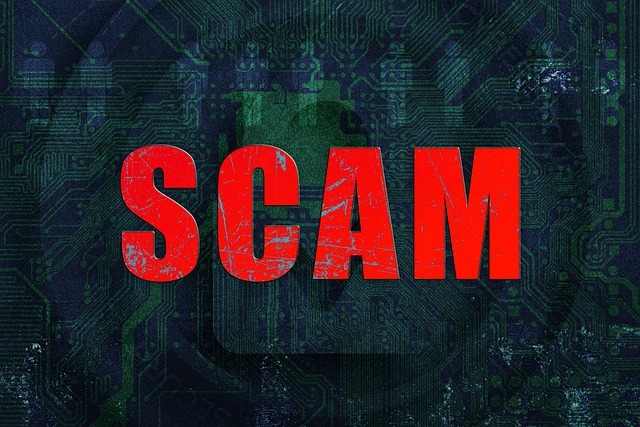Among the world’s major central banks the most important and skeptical of digital currencies and BTC is the US Federal Reserve System (FED), which as one of the world’s largest banks still does not even believe that it is worth launching a study on the possibilities of adopting digital currency .
Concerns of Federal Reserve System
In July, the bank said that the existence of CBDC is likely to make BTC and other cryptocurrencies completely unnecessary. And it is no coincidence that a few days ago, the President of the Bank for International Settlements, Benoit Coeure, emphasized the need for state digital currencies.
President Jerome Powell considers cryptocurrencies to be highly speculative and unreliable assets and is therefore completely unsuitable for replacing traditional currencies. He also said in August that cryptocurrencies should be better regulated. At this point, the SEC appears to have acted because the U.S. stock market authority has launched dozens of investigations into U.S. cryptocurrency companies in recent months for alleged financial violations.
The Federal Reserve is also very concerned about stablecoins, which, unlike conventional cryptocurrencies, are tied to a fiat currency such as the dollar and are much less speculative than conventional cryptocurrencies.
BTC was born after the Great Depression in 2008 to equip the world with a payment system that escapes all the manipulation generated by the central authorities, which were one of the real causes of the great mortgage crisis.
The role of the major central banks is to control inflation and curb its growth through appropriate interest rate policies or large-scale securities purchase policies to finance the economic system, as happened in 2008 and now, after the great economic crisis caused by the pandemic.
How the Fed’s actions affect BTC
According to some economists, the adoption of cryptocurrencies could reduce the effects of the monetary policy of the Fed and other central banks, as the demand for fiat currencies would decrease. BTC and cryptocurrencies would therefore reduce the risk of inflation that central banks must control by lowering or raising interest rates as needed.
Dollar and BTC prices are indirectly correlated, and very often the growth of one corresponds to the decline of the other.
Likewise, the rise in US rates by the Fed often corresponds to a decline in BTC prices due to the allocation of investments in dollar assets and consequently reduces exposures to more speculative assets.
For stock indices, the correlation seems less straightforward, but recently a synergistic trend has prevailed, especially between BTC and the Dow Jones, the main US stock index. When one rises, the other also rises, and vice versa.
Phemex Exchange – review and guide (2021)
- Michaël van de Poppe: Bitcoin to Hit $500,000 This Cycle? 🚀💸 Or Just Another Crypto Fairy Tale? - December 21, 2024
- What is the Meme Coin Bonk, Price Predictions 2025–2030, and Why Invest in BONK? - December 18, 2024
- BNB Price Analysis: 17/12/2024 – To the Moon or Stuck on a Layover? - December 17, 2024



![The strategic approach to AI in the enterprise 6 Top 10 Leading Countries in AI Research and Technology [current_date format=Y]](https://cryptheory.org/wp-content/uploads/2023/08/ai-strategie.jpg)



















